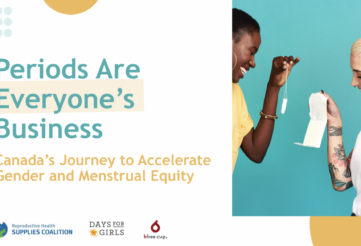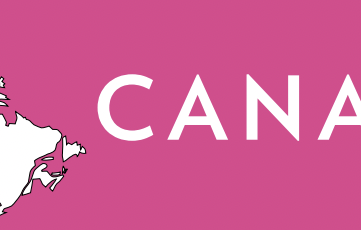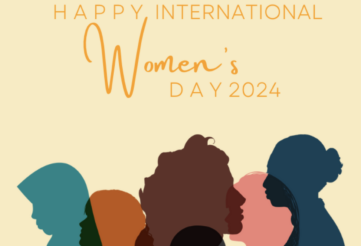Period Positive Workplace Webinar
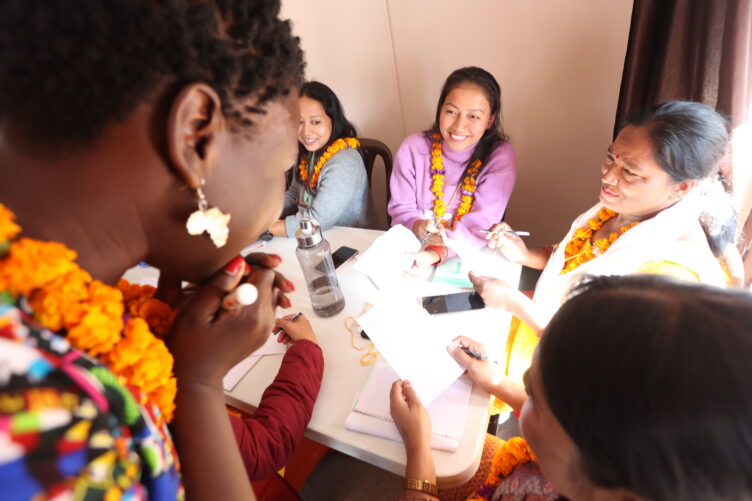
Amplifying menstrual health (MH) in the private sector and involving companies in the fight for menstrual equity in the workplace has long been a goal of Days for Girls International and our partner organizations.
On Wednesday, May 3, Days for Girls International, PSI-Europe, and Period Positive Workplace partners gathered for a special webinar event – “Investing in Menstrual Health Makes Good Business Sense. Period.” – to introduce the Period Positive Workplace campaign prior to its upcoming launch on May 25.
Webinar attendees learned best practices for normalizing menstruation in the workplace; why menstruation-focused research matters; and how MH affects people in the workplace. To provide a deeper understanding of these topics, DfG, PSI-Europe, and Period Positive Workplace (PPW) invited six menstrual health (MH) experts from Kenya, India, Europe and the United States to serve as the webinar’s panelists. You can hear their remarks HERE.

The labor force relies on those who menstruate
Panelists Dr. Ekua Yankah (Brands on a Mission) and Pooja Singh (PSI India) emphasized the integral role that women and those who menstruate hold in the global workforce.
With 300 million women experiencing menstruation on any given day, there is a pressing need to establish more equitable and supportive workplace conditions for women and those who menstruate. By normalizing MH in the workplace and implementing period-friendly policies, organizations can reduce absenteeism and presenteeism (lack of employee productivity due to illness, injury, etc.) and increase overall productivity among menstruating employees. To further demonstrate this point, Sariah Toronto, Executive Director & COO of Morgan Stanley Salt Lake City, Utah (USA), joined the webinar to share insights and successes from Morgan Stanley’s experience of engaging in the Period Positive Workplace campaign.
More menstruation-related research is needed
In the webinar, Dr. Lauren Houghton (Columbia University) shared her research on MH in the biomedical field. Historically, MH has failed to be comprehensively researched, resulting in a lack of MH data and understanding. This has trickle-down effects of employees often not being understood or taken seriously.
Dr. Houghton emphasized the benefits of using menstrual tracking technology, both for individuals to better understand their menstrual cycles and fluctuations, as well as to fill quantitative gaps in the understanding of MH globally. More MH research will help eliminate menstrual stigma in the workplace, improve workplace conditions for those who menstruate, and increase organizations’ productivity.

Structural changes and new strategies are needed for achieving menstrual equity
Professional environments and workplaces must embrace structural changes and implement new strategies for destigmatizing menstruation and supporting those who menstruate. During the webinar, Dr. Houghton shared several approaches that organizations and individuals can take to improve MH wellness in the workplace.
Employees can
- embrace the positive aspects of their menstruation,
- track their own periods, and
- better understand their bodily needs.
Workplaces can support employees by
- providing MH resources,
- offering menstrual leave (a policy providing employees with time off during menstruation),
- and creating positive associations with menstruation.
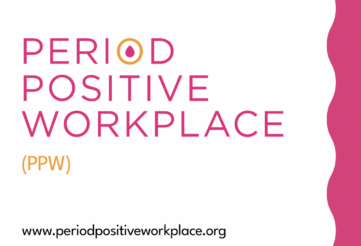
One way that organizations can do this is by joining the Period Positive Workplace initiative. The initiative encourages organizations to become more period friendly through three simple practices:
- providing access to period products in or near work bathrooms (products can be provided for free, subsidized or for-purchase)
- ensuring each bathroom at work meets WHO’s Global Water, Sanitation, & Hygiene (WASH) standards by having clean water, toilet paper, soap/sanitizer, and a waste bin, and
- Documenting that the employee benefits plan or HR policy is updated to include the provision of period products in bathroom facilities.
Through these practices, the public and private sectors can support menstruation in the workplace and establish more gender inclusivity.
Period Positive Workplace is an initiative undertaken by Days for Girls International, The Policy Project, Share the Dignity, Population Services International Europe, The Pad Project and The Toilet Board Coalition.

Where Do We Go From Here?
Normalizing menstruation in the workplace and erasing its associated stigmatization and discrimination is a gradual effort. It will require long-term commitment from all people within a workplace, and, as the webinar’s panelists illustrated, new strategies and tactics to ensure the comfort and success of women and those who menstruate. After all, investing in MH just makes good business sense. Period!
Visit the Period Positive Workplace website to learn more!







